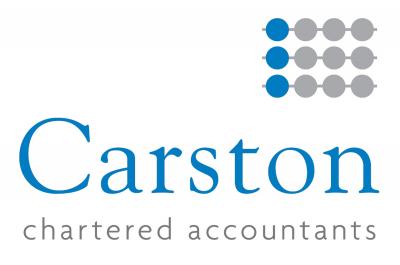Throughout your working life, you’ll want to do everything you can to ensure you’re ready for retirement.
While it may seem as simple as contributing to a workplace pension, this isn’t the case. Effectively saving for retirement and investing in your pension takes some strategic planning.
If you’re looking to get the most from your pension, here are some things to consider.
Lifetime allowances
Although there isn’t a limit on the amount you can contribute to your pension, there is a lifetime allowance on the amount you can save or access without incurring a tax charge.
Currently, the lifetime allowance is set at £1,073,100 and will remain frozen until April 2026. Any amount above the threshold will be subject to a tax charge of 25% if paid as income, or 55% as a lump sum.
If you’re unsure how much of your allowance you’ve used, you should contact your pension provider or financial advisor to ensure any pension schemes you contribute to aren’t over the threshold.
It is possible to protect your lifetime allowance if you want to avoid a charge. To do this, you must monitor the value of your pensions, especially if there is an increase in value. For information on lifetime allowance protection, visit the Government website.
Changes to the annual allowance
Although the annual pension allowance (how much you can contribute each year tax-free) hasn’t undergone many changes in the last few years, the Government has introduced a tapered allowance.
Currently, you can contribute £40,000 a year, including anything from work schemes. Although, if you flexibly access your pension, the annual allowance dramatically falls to £4,000.
For higher earners, like doctors, the tapered allowance can harshly impact any pension contributions they make. Anyone with an “adjusted income” (your threshold income plus your pension’s value) of £240,000 or more will have their contribution allowance lowered.
For every £2 over the £240,000 adjusted income, your allowance will decrease by £1. So if you’re earning £270,000, your allowance will be £25,000, for example.
Make sure you’re saving enough
It can be easy to assume your state pension will be enough to live on once you’re at retirement age. With the inevitable rising costs of living over the coming years, this may not be the case.
In reality, even a combination of your workplace and state pension might not be enough to give you the quality of life you’d like once you’ve finished work.
According to calculations from Which?, anyone wishing to live on £28,000 a year will need £204,750 in savings to comfortably retire. To achieve this, couples aged 20 with no retirement savings need to save £182 a month, while those aged 40 need to save £329.
To get the most of your retirement, try to increase your contributions, either to your workplace pension or a private savings pot, if you’re able to.
A retirement strategy is the best way to plan for your future, giving you a timeline and estimated financial goal to work towards.
Think twice about accessing your pension early
While it is possible to access your pension before retirement, it can come at a heavy cost. When you cash in a pension before the age of 55 (57 from 2028), you’ll receive a 55% income tax bill from HMRC.
This alone can prevent providers from allowing you to access it early. Be aware there are third parties who can help, but you may end up paying a further 30%, meaning you might get as little as 15% of your pension pot.
We’ll help you prepare
Finding the most tax-efficient ways to save and account for your pension can seem difficult, especially if you have multiple pots from throughout your career.
We alleviate the stresses of saving and retirement for our clients, so we’re happy to discuss the best ways to manage your pension with you.
Get in touch to find out how you can efficiently save for your pension.

